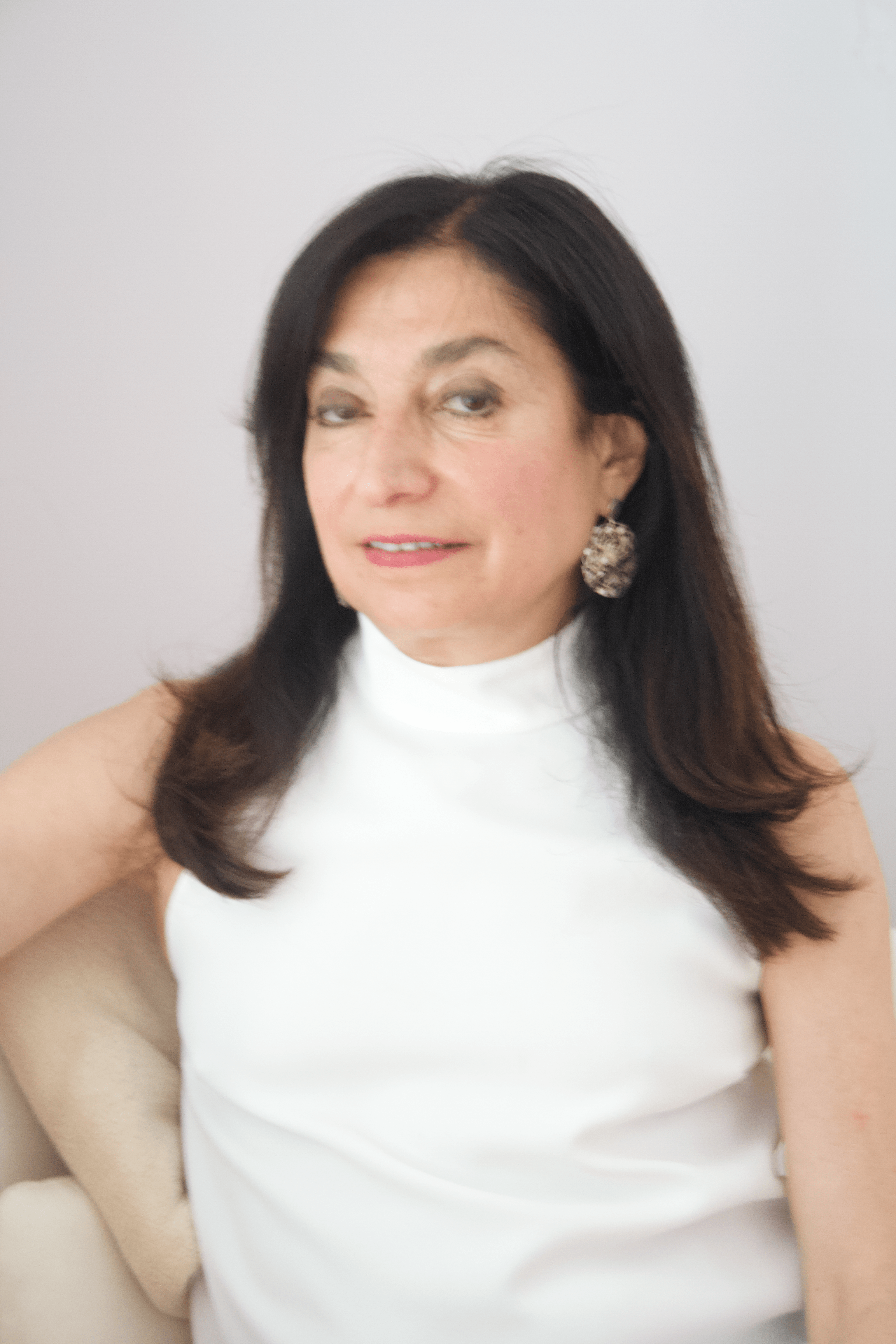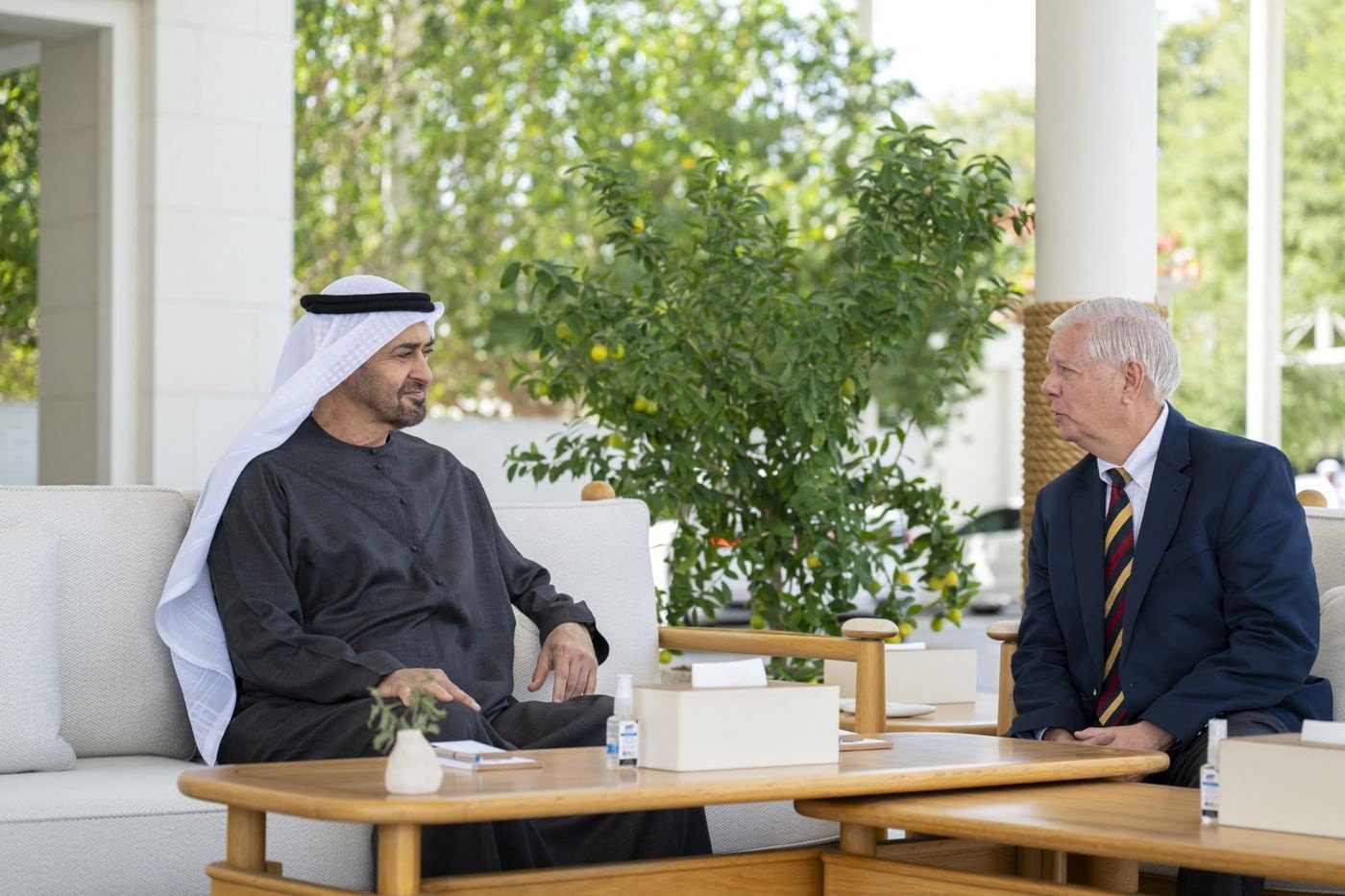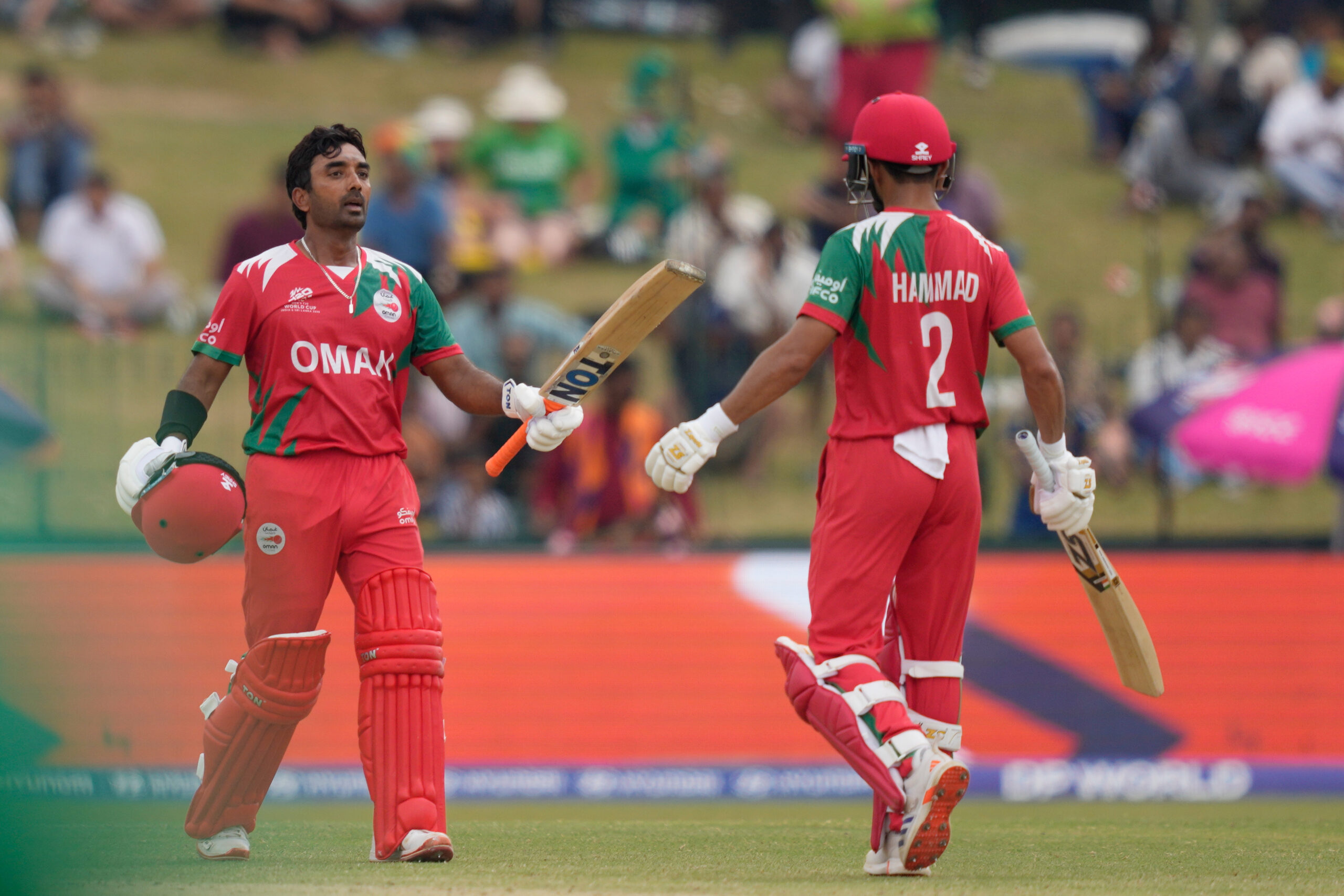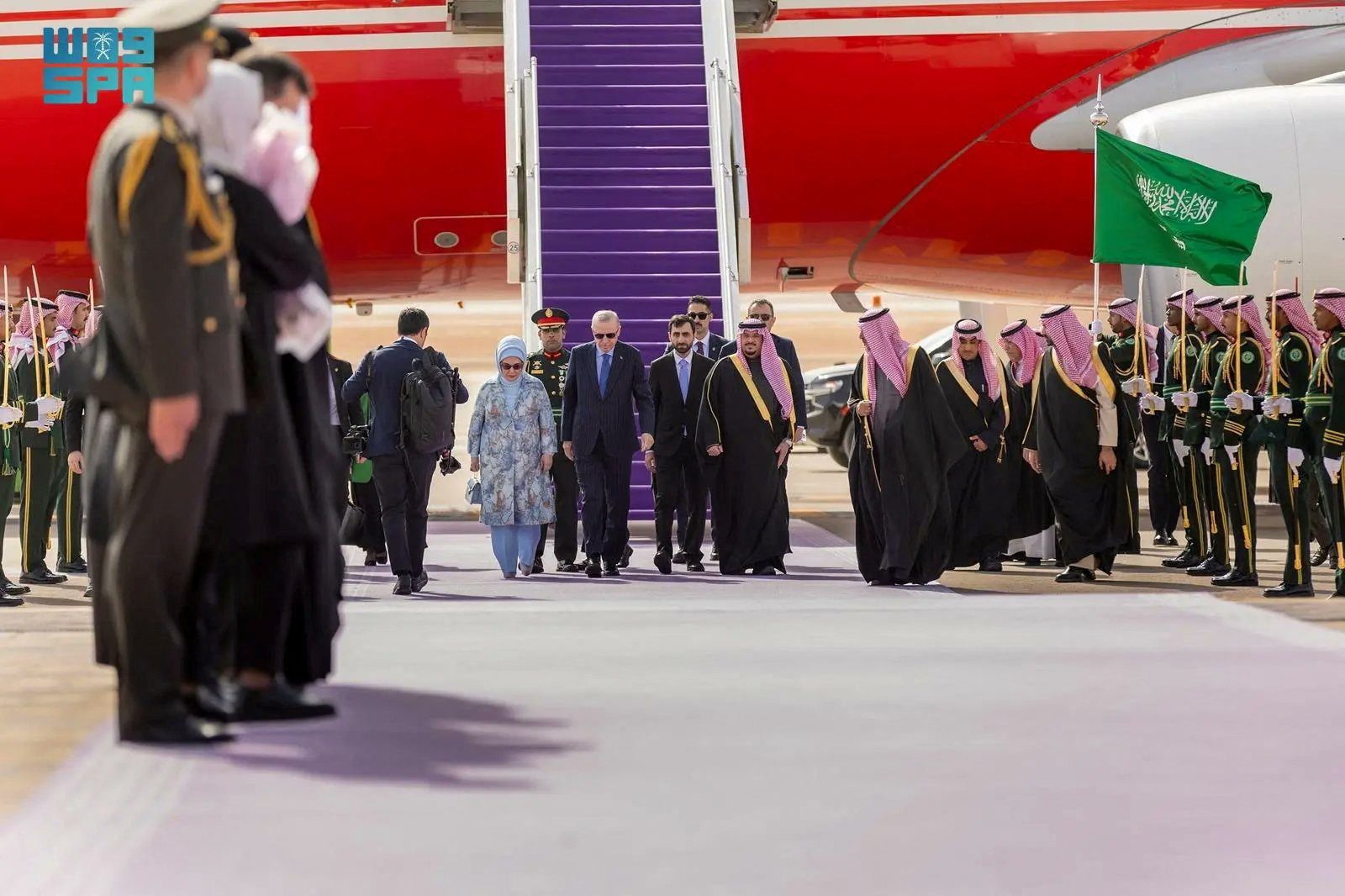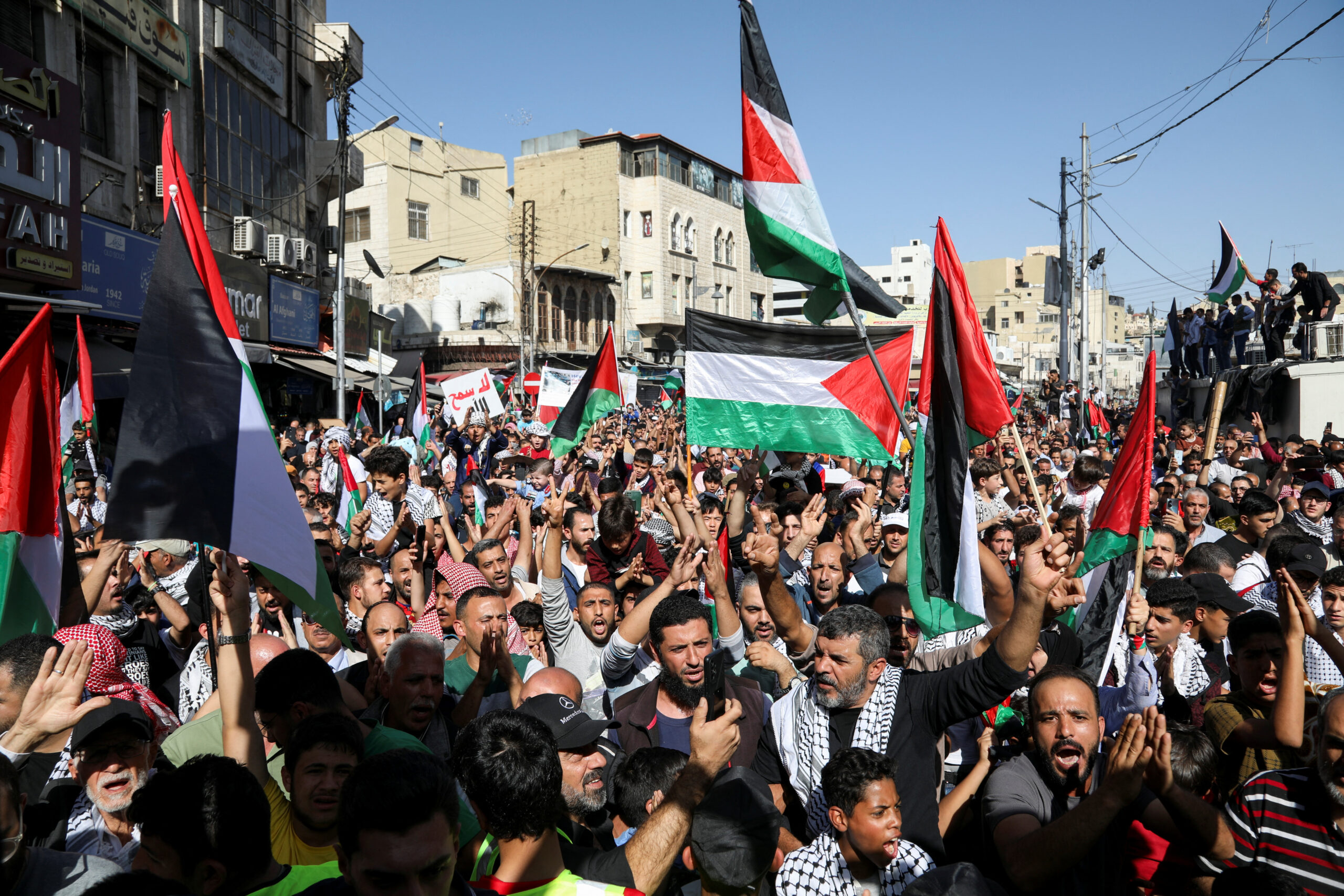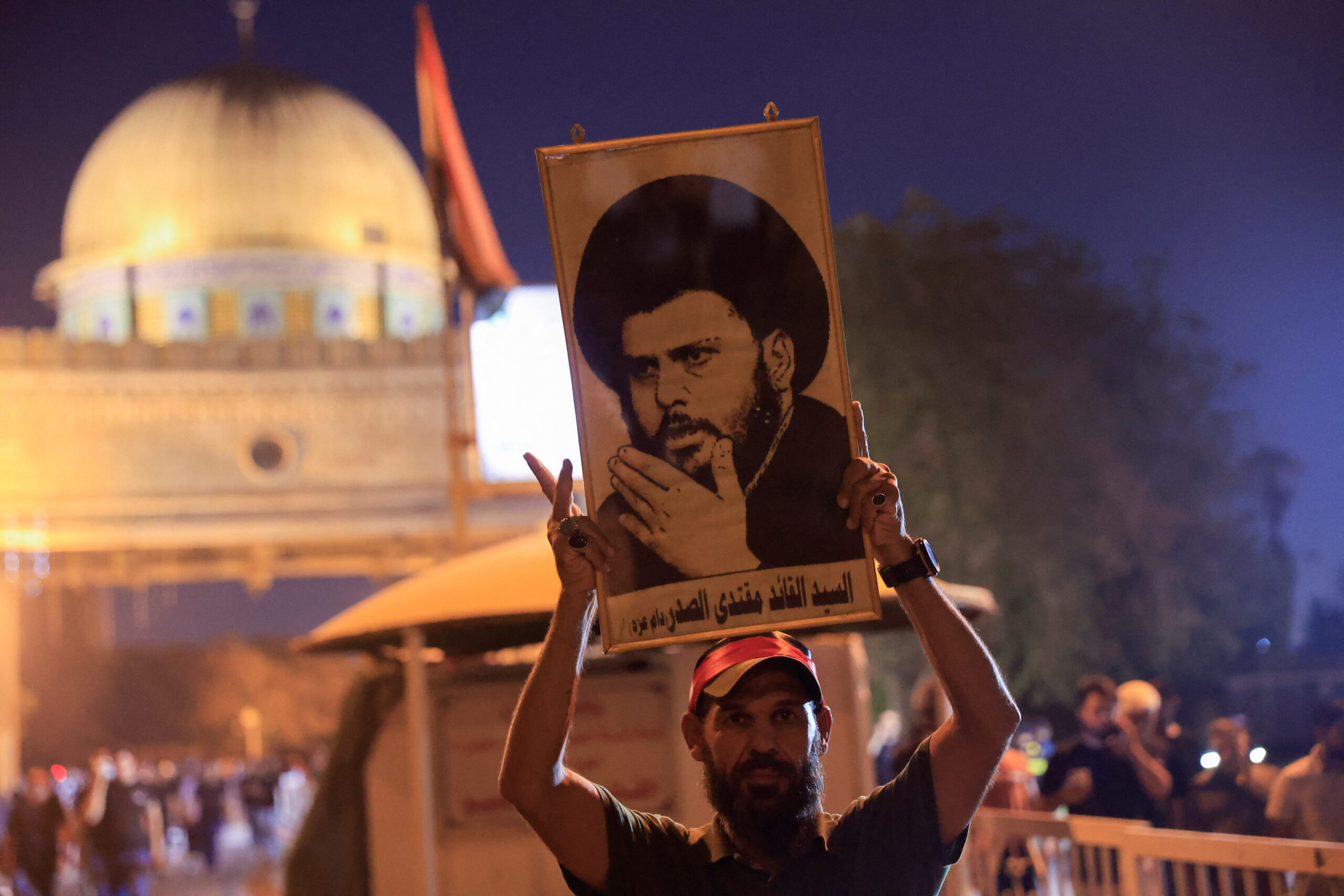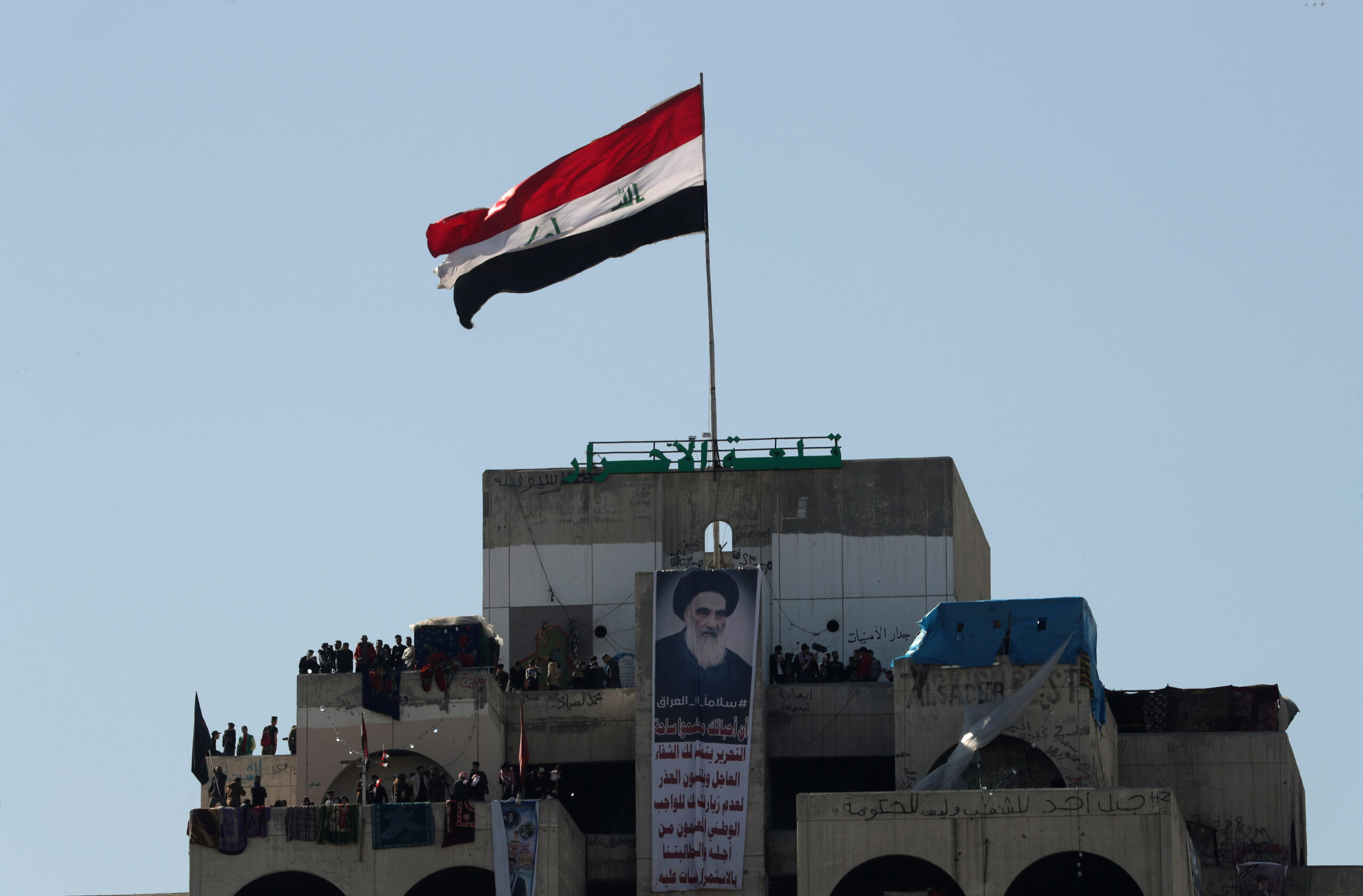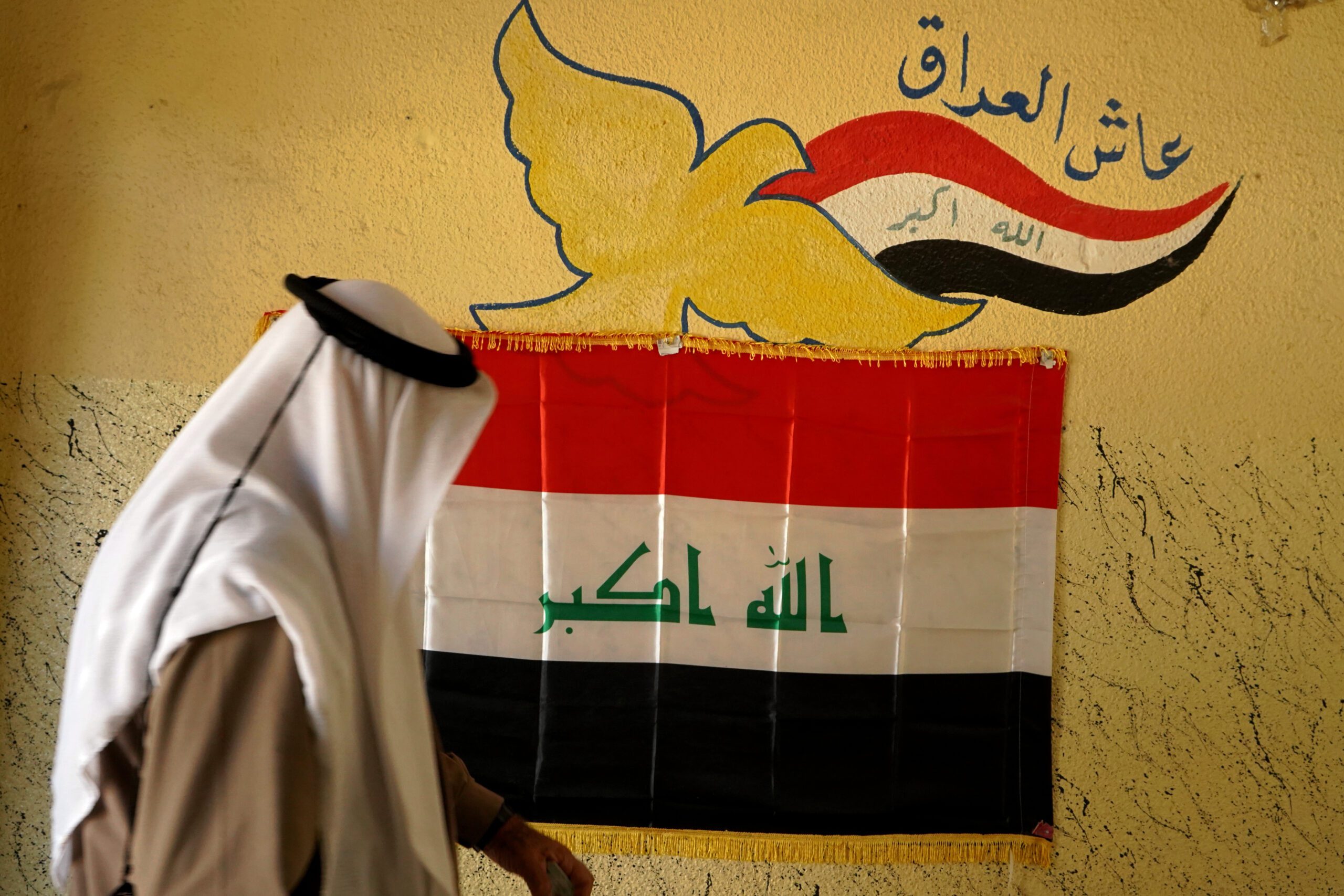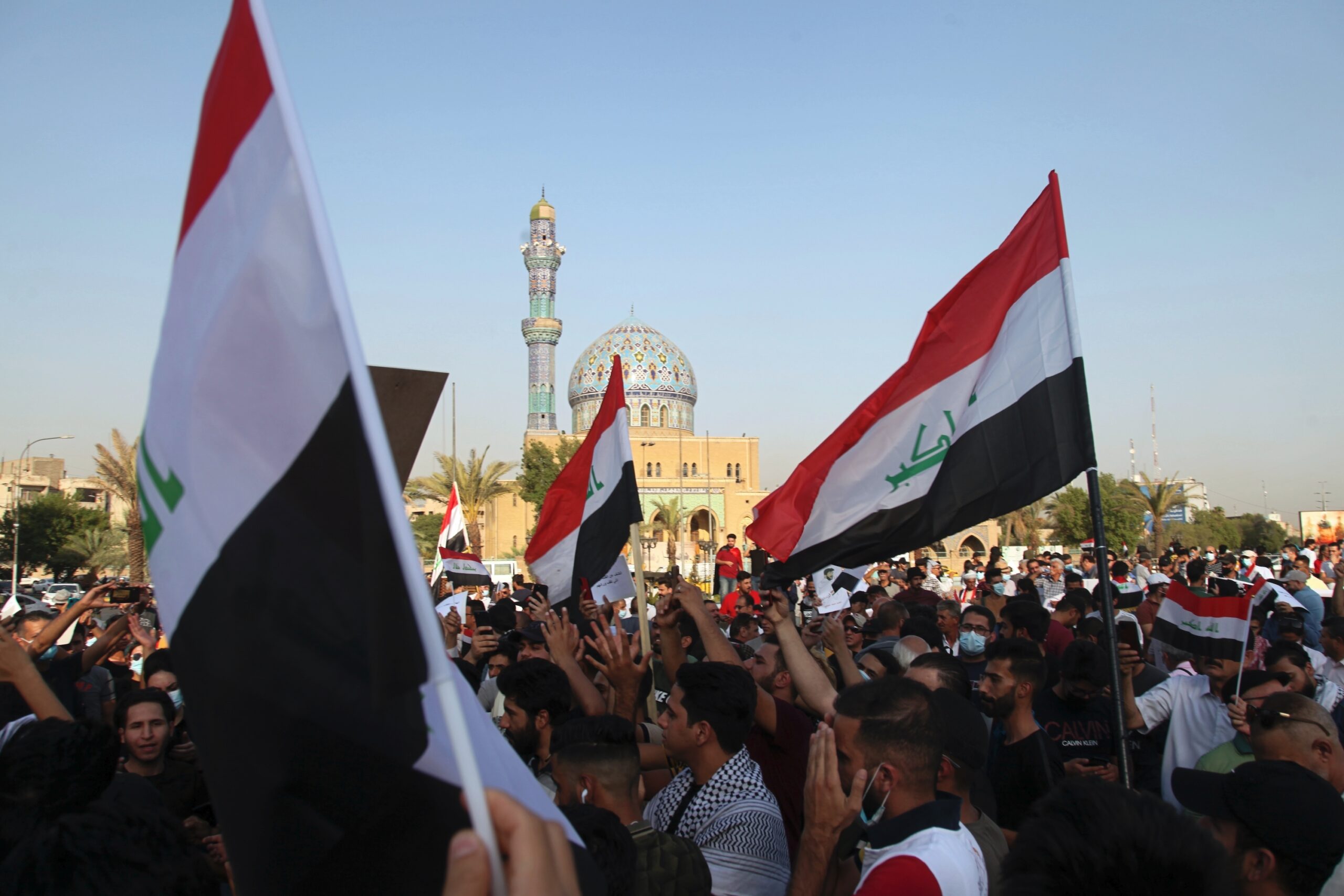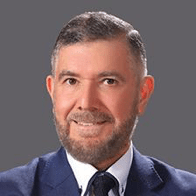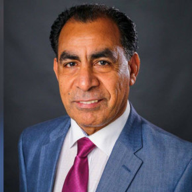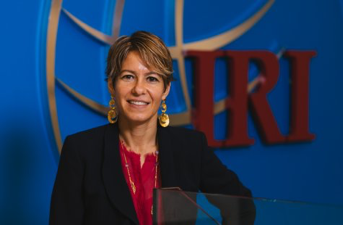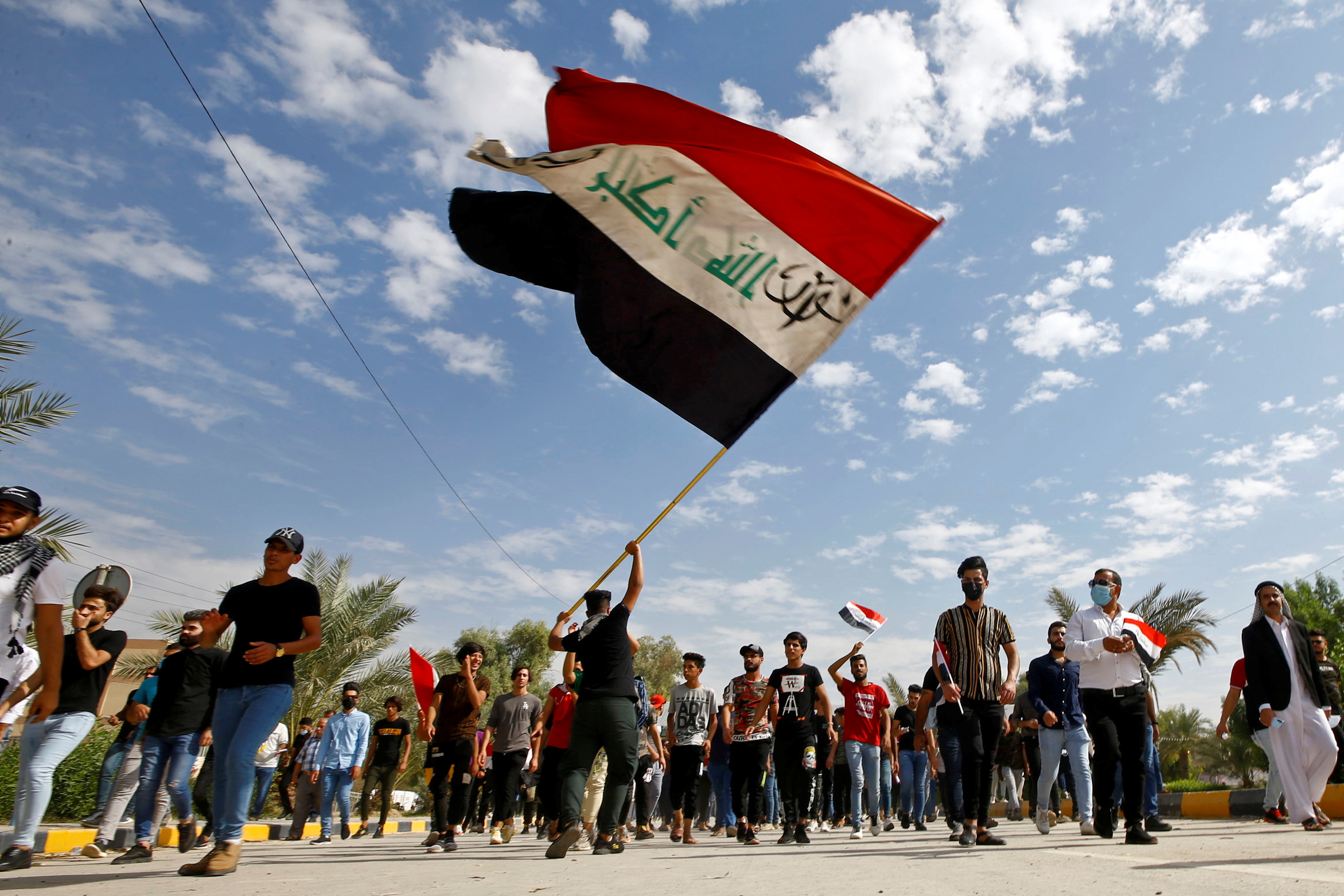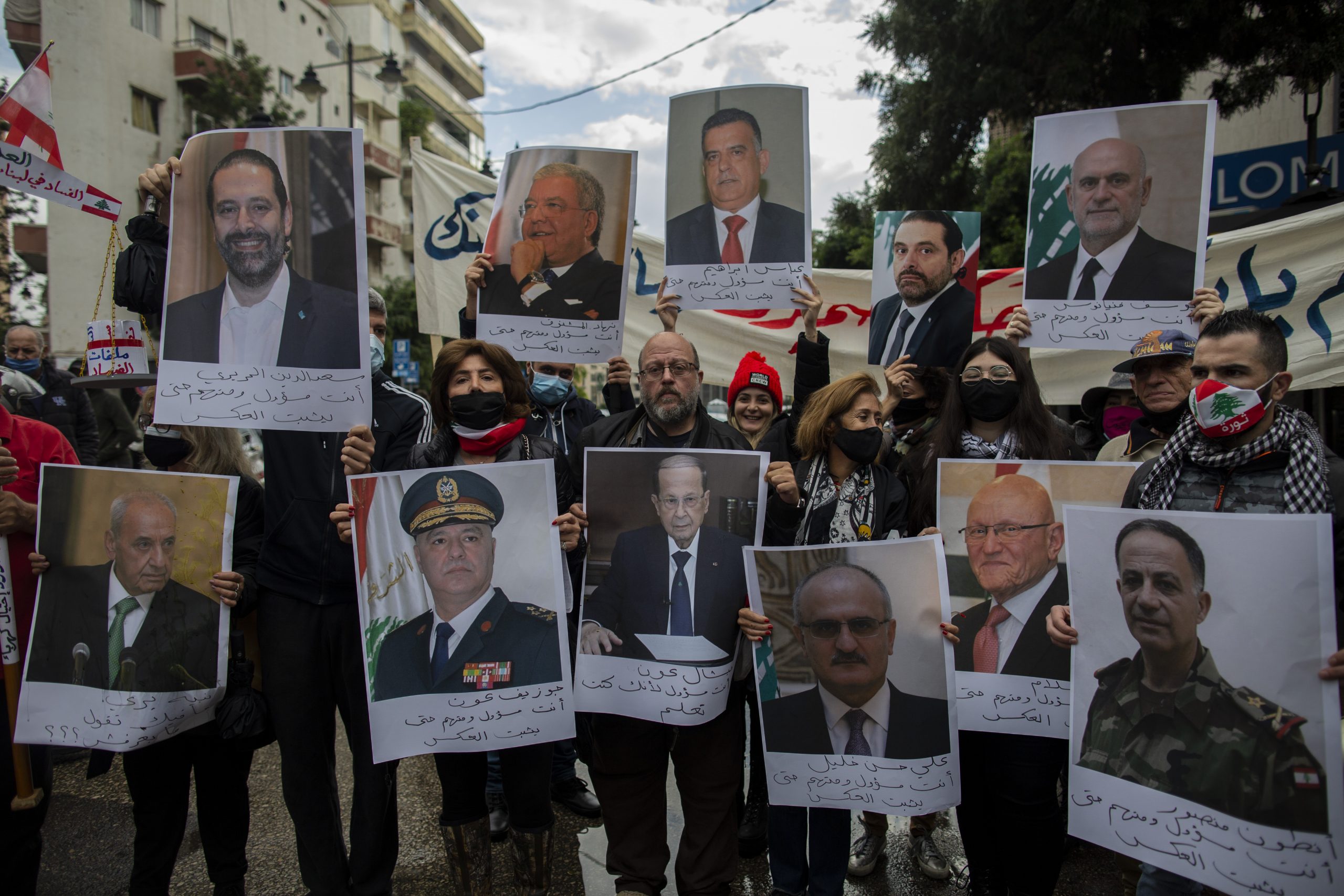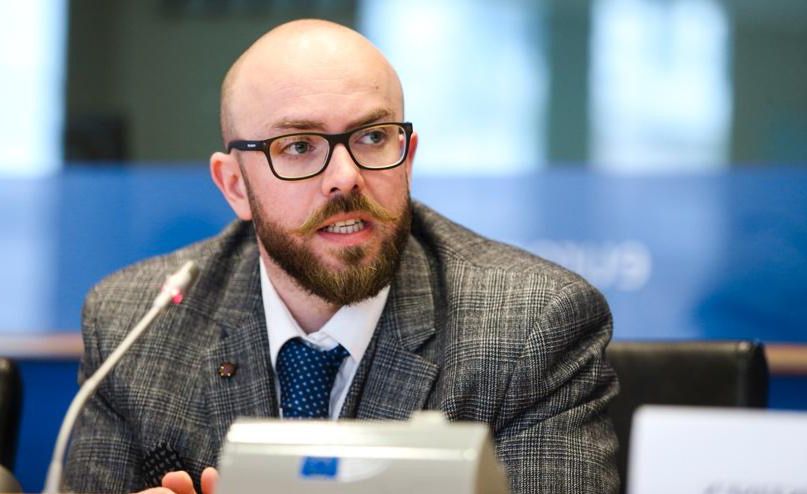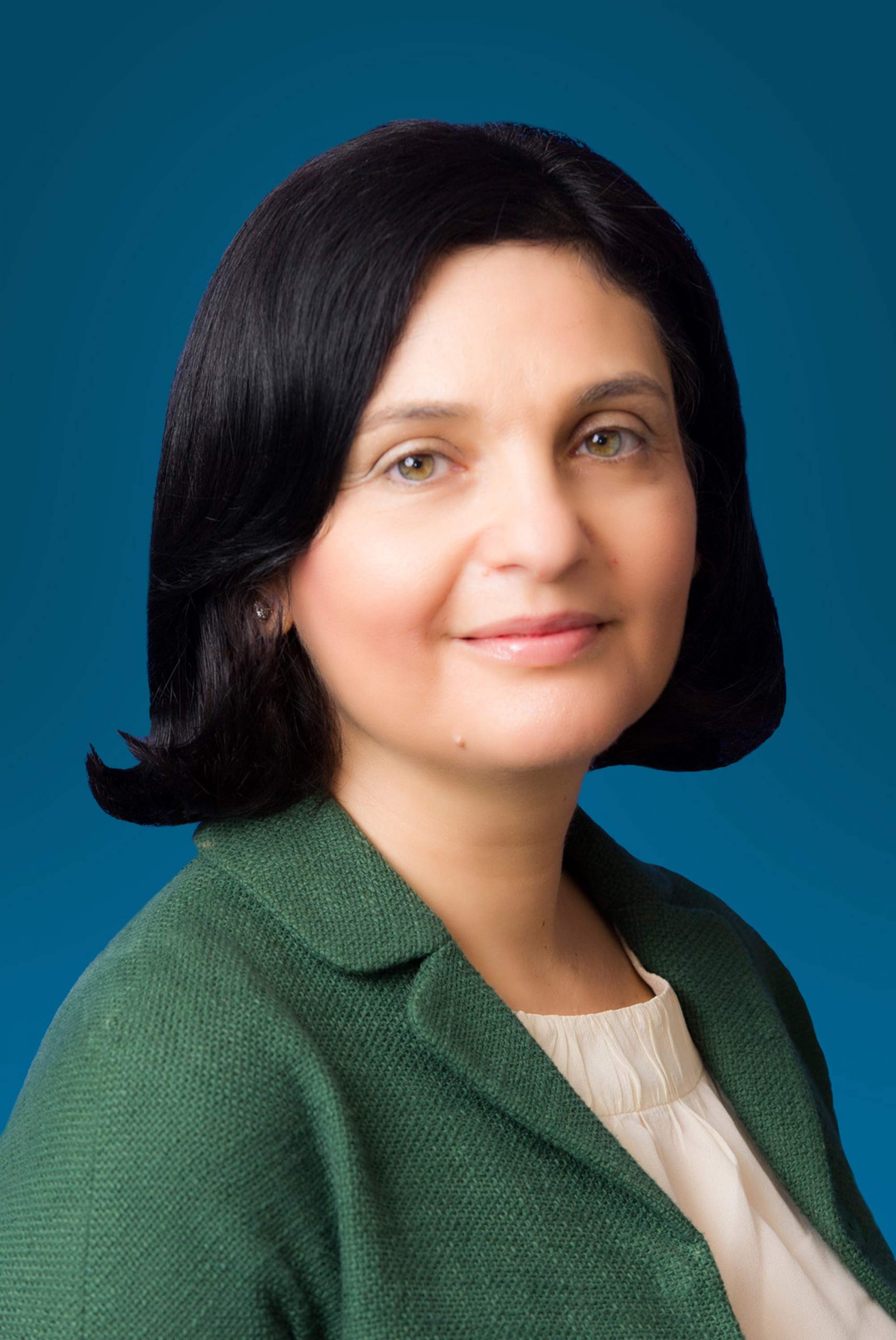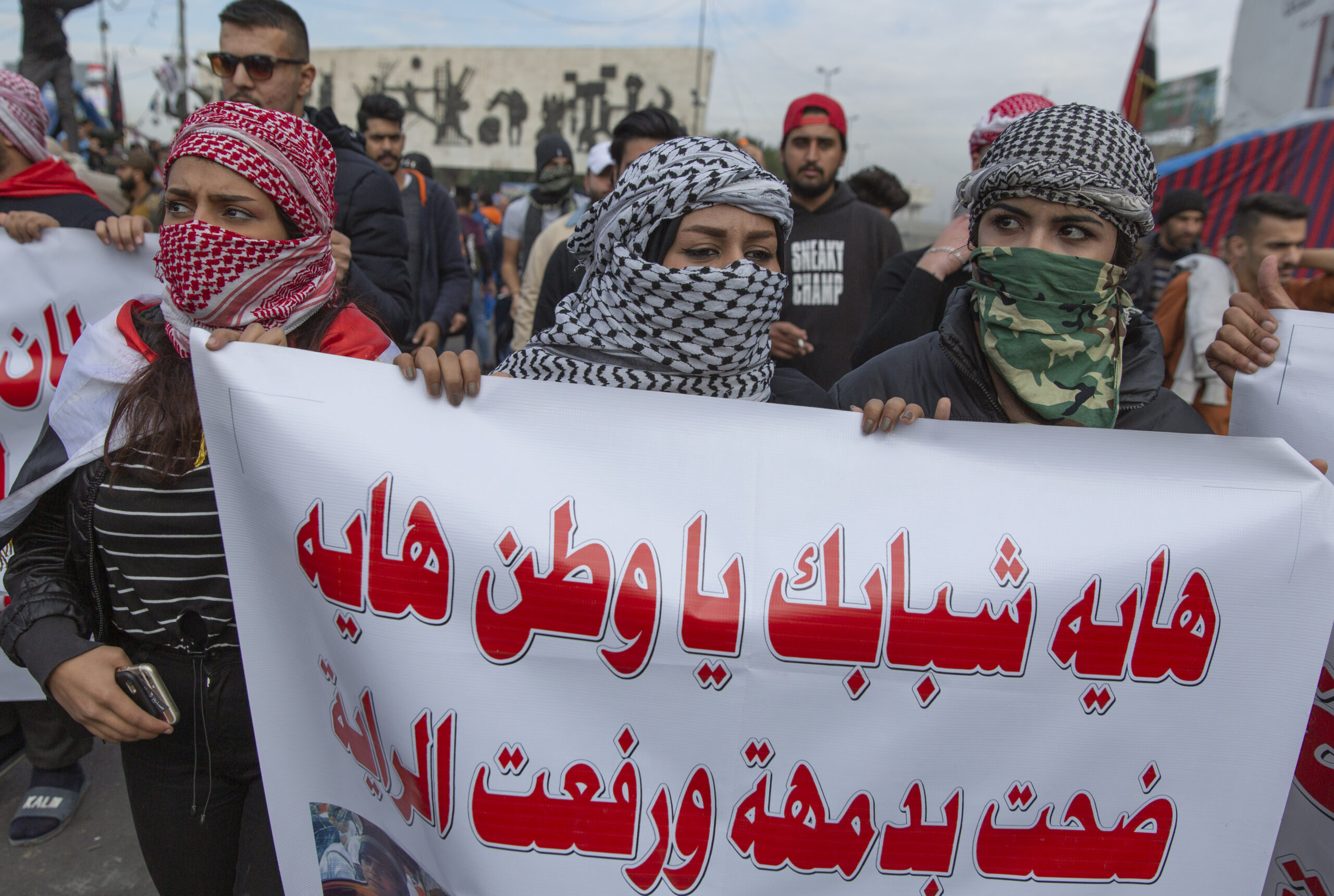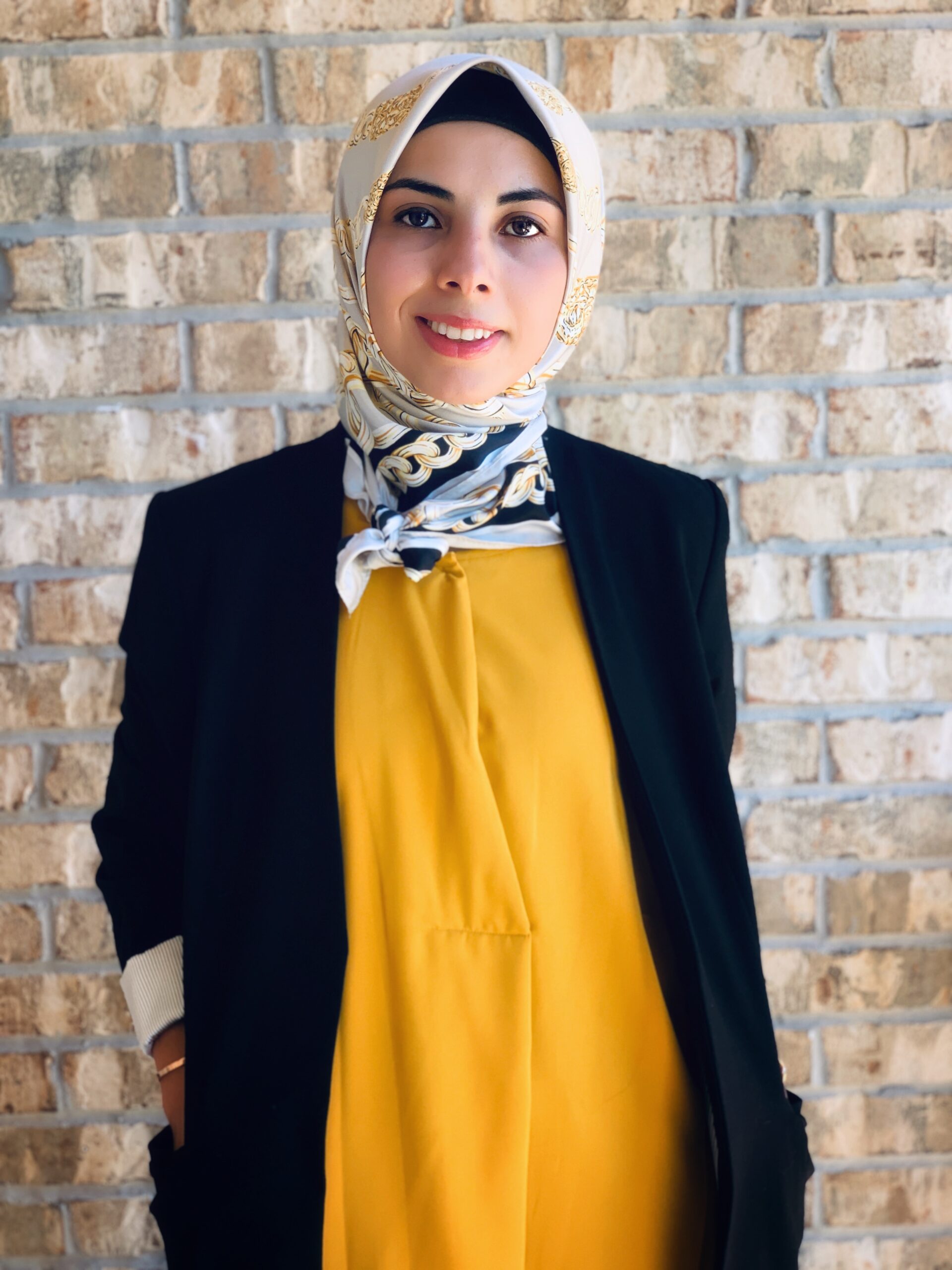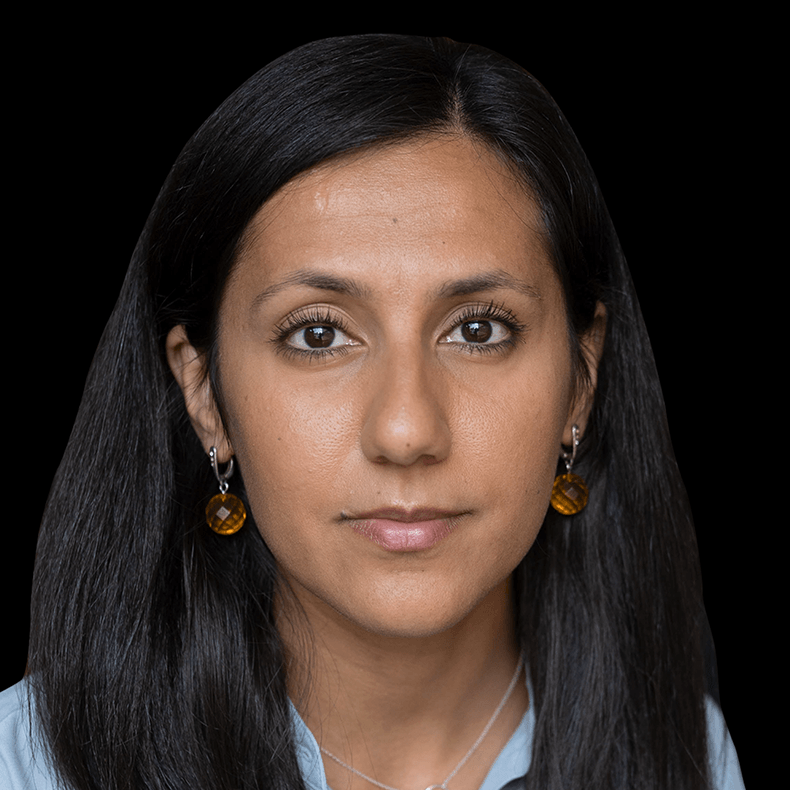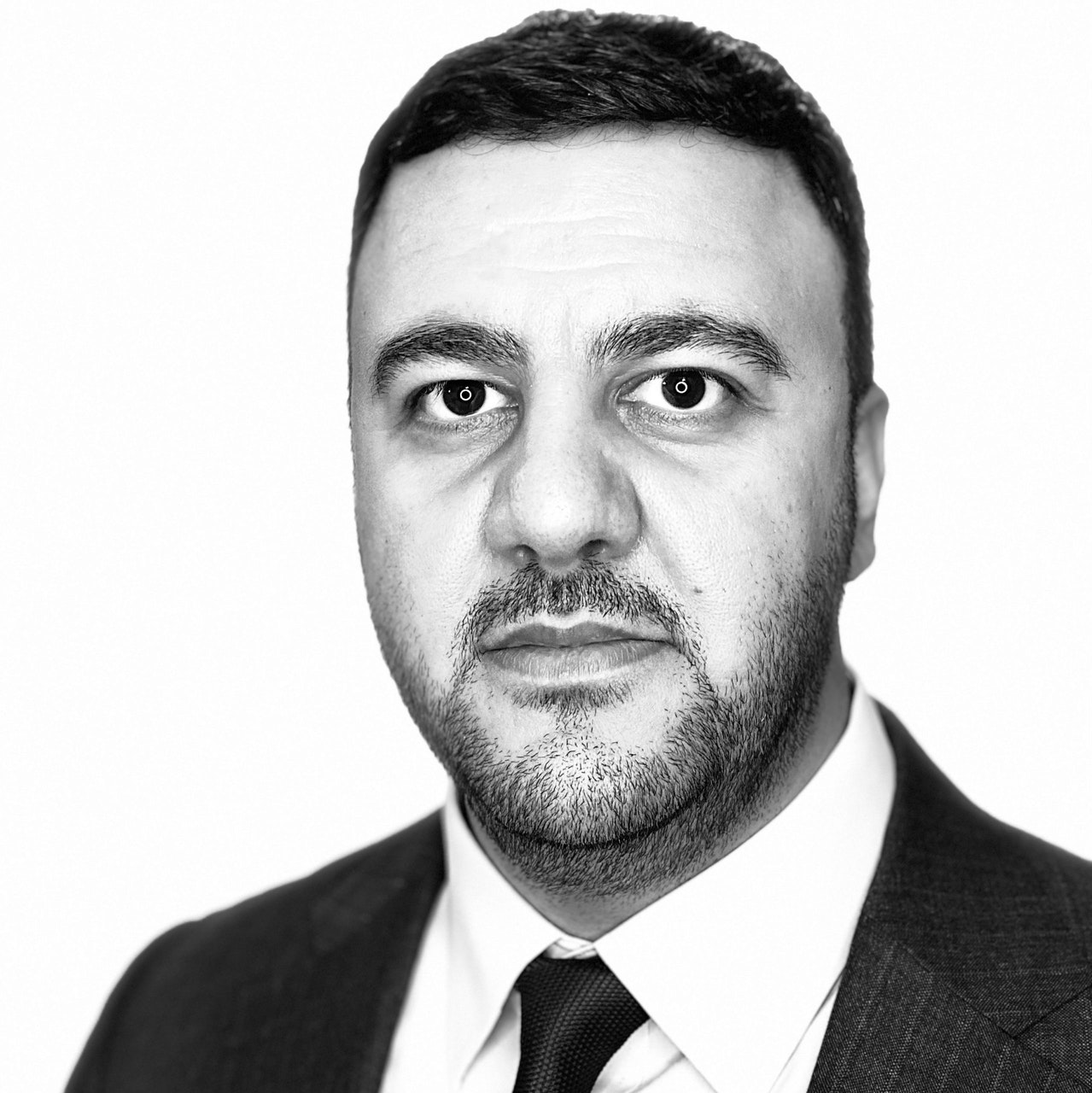Iraq’s Elections: Will Boycott Efforts Delegitimize or Entrench Discredited Status Quo?
No matter the outcome, the October elections will show that a young generation has altered the political landscape in Iraq.
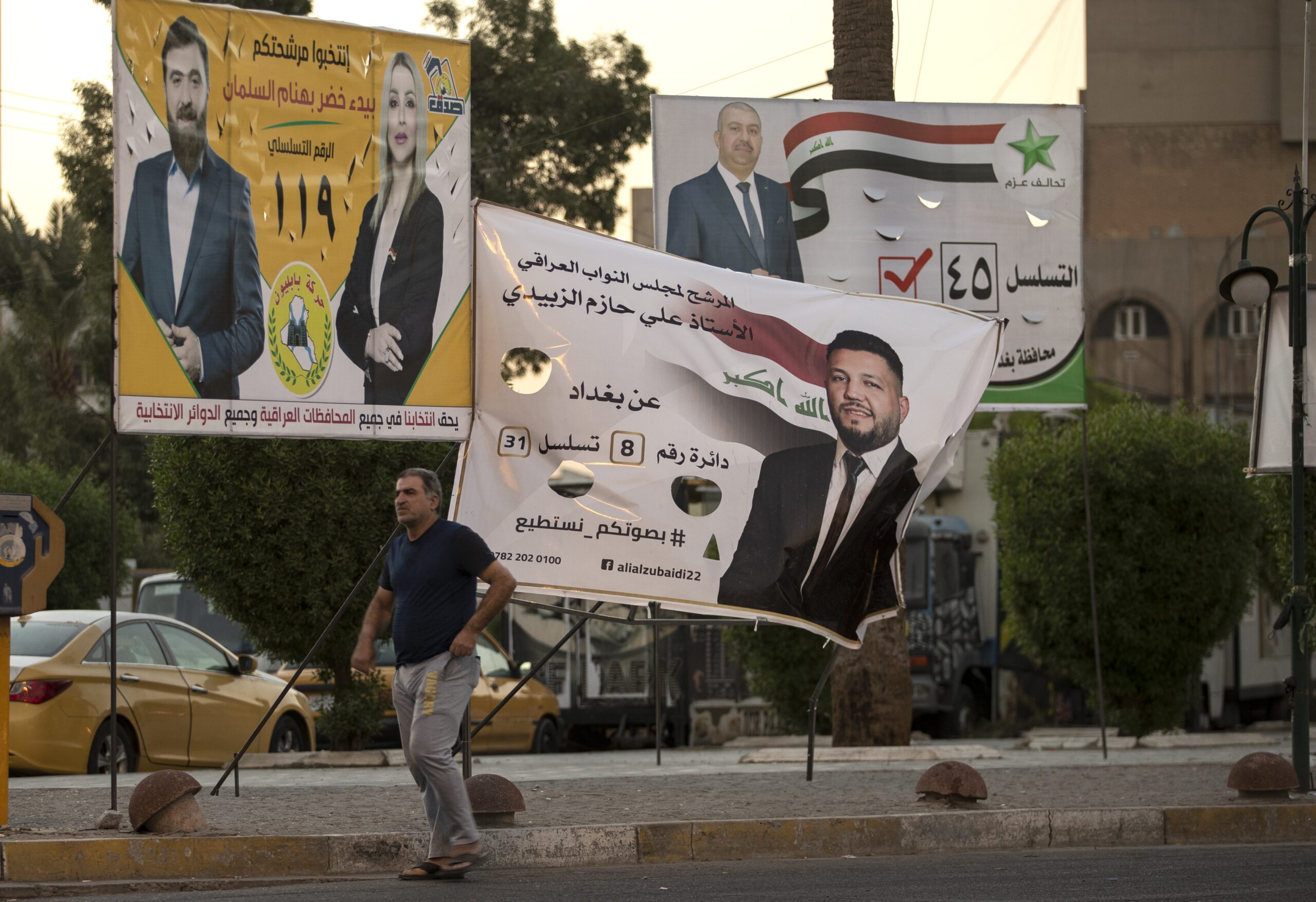
Executive Summary
On October 10, Iraqis will go to the polls in parliamentary elections aimed at forming a new government. There is more at stake this time than in past elections because of the multiple crises facing the country: a campaign of violence and intimidation against a 2-year-old protest movement opposed to the state; an anemic economy; deficient services, including electricity shortages; and a competition for the future control of the country between Iranian-backed Shia militias on one side and some clerics, civil society, and some state institutions on the other.
These crises have caused malaise among the electorate and a low voter turnout is expected, perhaps as low as 30%, according to opinion polls. Even protesters who demanded elections be held in 2021, earlier than the scheduled 2022 elections, are vowing to boycott because they do not believe the poll will bring about political and economic reform. A low voter turnout could further delegitimize the Iraqi state in the eyes of its people. However, no matter the outcome, the elections will show that a young generation has altered the political landscape in Iraq. Even if there is no fundamental shift at the ballot box in October, Iraqi society’s demands for change are likely to be realized in the long term.
The views represented herein are the author's or speaker's own and do not necessarily reflect the views of AGSI, its staff, or its board of directors.
